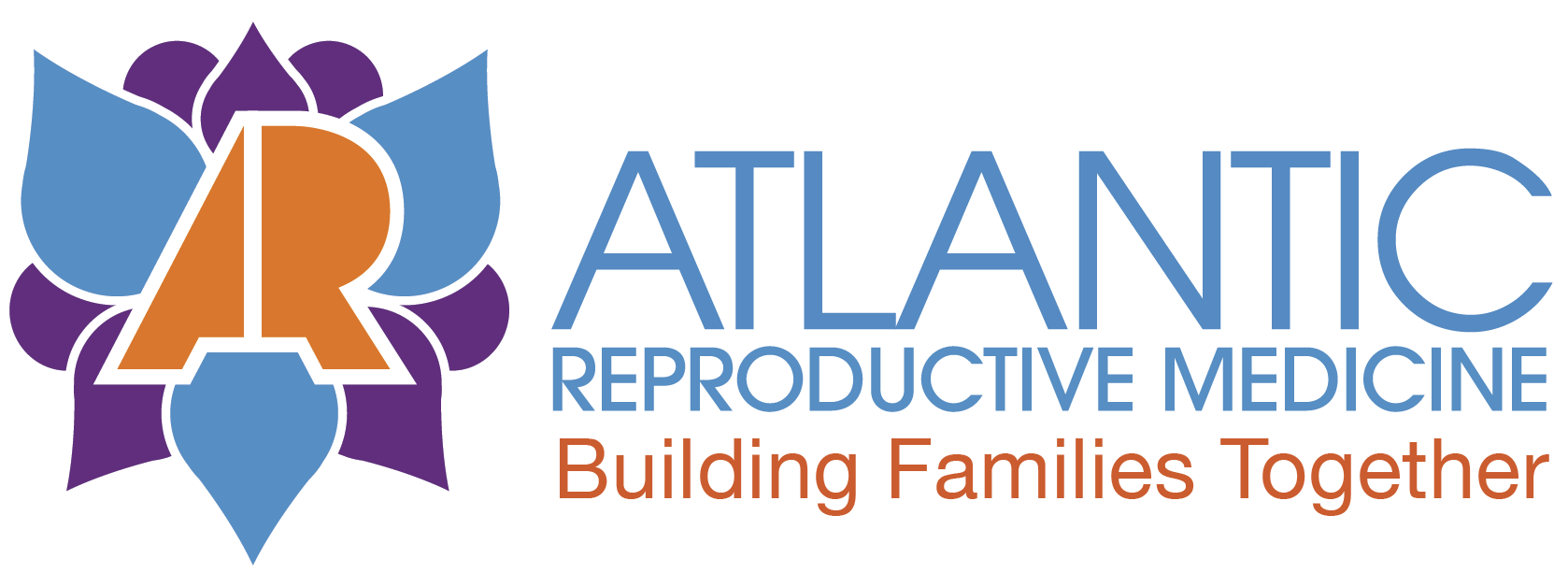Last Updated on April 30, 2025
 If you have decided to use in vitro fertilization (IVF) to conceive a child, you can use your own eggs or the eggs of a donor. Because egg quality declines as you age, using donor eggs is especially helpful for older women with low egg number, women who are not getting pregnant with their own eggs, and women who are having miscarriages due to genetic errors in the embryos. Egg donors are usually between the ages of 21 and 31, a time of life when both egg quantity and quality are high. As a result, you may have a better chance of succeeding with donor eggs than you do if you use your own eggs. Here is what you can expect from IVF with an egg donor.
If you have decided to use in vitro fertilization (IVF) to conceive a child, you can use your own eggs or the eggs of a donor. Because egg quality declines as you age, using donor eggs is especially helpful for older women with low egg number, women who are not getting pregnant with their own eggs, and women who are having miscarriages due to genetic errors in the embryos. Egg donors are usually between the ages of 21 and 31, a time of life when both egg quantity and quality are high. As a result, you may have a better chance of succeeding with donor eggs than you do if you use your own eggs. Here is what you can expect from IVF with an egg donor.
Step #1: Selecting a Donor
The first step in this process is deciding whether you will use eggs from an anonymous donor or someone you know. All donors, whether they are known or anonymous undergo the same genetic, medical, and psychological screening before they donate. You will work with a donor coordinator to describe the qualities in a donor that are most important to you. Together, you review donor profiles that include physical characteristics, educational and professional achievements, and prior fertility and donation history.
Step #2: Synching Your Cycles
After you select a donor, you will synchronize your cycles so that your uterus is ready for the coming embryos from the donor’s eggs. The donor will take fertility drugs to stimulate the recruitment of mature eggs. You will take hormones to prepare your body to support a pregnancy. Your doctor will remove the eggs from the donor’s ovaries as soon as they are ready.
Step #3: Getting In-Vitro Fertilization
Once the donor’s eggs have been collected, the process is the same as doing IVF with your own eggs. An embryologist will combine the donor’s eggs and sperm in the laboratory. Once the resulting embryos have developed for a few days in the lab, your doctor will use a thin catheter to put one or two embryos into your uterus. The other good quality embryos can be frozen in case you want to use them in the future.
You will take hormone supplements to support the uterus as the embryo or embryos implant. Approximately two weeks after the doctor places the embryos in your uterus, you will be able to take a pregnancy test to see if you are pregnant.
Step #4: Planning the Treatment
One IVF cycle takes approximately four weeks to complete once we find the right donor and ensure your cycles sync properly. The time before the cycle while selecting your donor can be spent getting physically and mentally prepared for pregnancy. During this time, your doctor will discuss your individual chance of pregnancy using donor eggs, and what you can do to increase your chances for success.
Step #5: Starting the Process
If you are ready to start the process of IVF with an egg donor, we can help. Contact Atlantic Reproductive Medicine Specialists at (919) 328-2956 to speak with one of our staff members. We will be happy to answer any questions you have about building your family.

